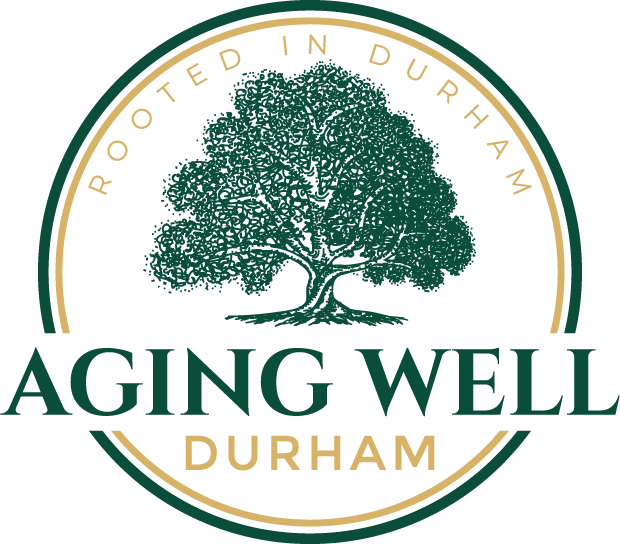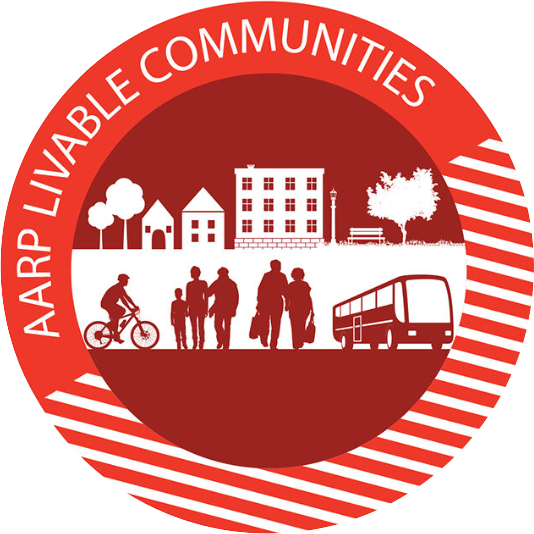If elected, how would you ensure that older adults who live in Durham are included in zoning decisions, particularly individuals from communities that have been historically marginalized?
Durham isn’t listening. Too often, decisions are made about us without us, and while this impacts everyone, it has a particularly profound effect on older adults. Through my advocacy with the Durham Center for Senior Life, I’ve seen firsthand that we must meet people where they are, including seniors who may face barriers to traditional public engagement. That means making sure participation in zoning decisions is not just a box to check but an accessible, meaningful process. While community outreach is legally required, the quality and accessibility of that outreach can vary significantly. I believe we need real metrics around community engagement so we can identify what’s working, what’s not, and how to improve. As the saying goes, “you can’t manage what you don’t measure.” Step one is figuring out where we are, so we can move forward in a way that ensures older adults, especially those from historically marginalized communities, are not just included but truly heard in the decisions that shape Durham’s future.
Do you support requiring developers to build accessible, affordable housing? We are aware of the state-level limitations on local municipalities.
Yes
If elected, how would you use the City’s contracting process to incentivize the expansion of affordable and accessible housing for older adults and people who have disabilities?
I am strongly in favor of expanding affordable and accessible housing options, and I am realistic about the fact that we’ll probably need another affordable housing bond to do that.
Durham currently has at least 1 public school building that is not being used. Considering the examples of New Bethel Homes and the Veranda at Whitted senior housing communities, do you support renovating former schools into housing for older adults?
Yes
Because of factors like low salaries, lack of professional advancement, the growing aging population and burnout – Durham has a shortage in people who are working in home health. One of the objectives in the City of Durham’s current strategic plan is to build a talented and competitive workforce. If elected, what will you do to support current home health workers?
Part of this starts with our youth. I am thrilled by the early college opportunities as well as City of Medicine Academy that are preparing our youth for the workforce, and even the healthcare field specifically. We need to continue to encourage these options, especially for youth who might not see themselves in that way. I am also committed to true collaboration with Durham Public Schools and our local community college and universities to continue these pipelines.
I am realistic about the fact that even a talented and competitive workforce isn’t sufficient if we can’t retain them, and I want to work with local businesses to understand what barriers to success our home health workers face so that we can address them head on. I also recognize that all working folks are facing some of the same challenges regardless of their field, and ensuring safe and stable housing, reliable transportation, and meaningful community safety can address these issues tangentially.
What is your vision for the City to support older adults so that they can age in-place safely and with dignity? If elected, how will you support organizations that are currently providing resources to older adults, including advocacy?
To support older adults so they can age in place safely and with dignity, I would fight for:
1, Housing. More affordable, accessible options (including Accessory Dwelling Units) and strengthening programs like the Low Income Homeowners Relief (LIHR) program so older residents can remain in the neighborhoods they helped build.
2, Mobility. Safer sidewalks, better public transit, and targeted investments in Access Durham services so seniors and disabled seniors can reliably get to and from work, volunteer opportunities, medical appointments, and community activities.
3, Connection & dignity. Expanded programs in rec centers, libraries, and community spaces to reduce isolation and keep seniors active, engaged, and supported.
I also believe in backing organizations like the Durham Center for Senior Life that are already doing the work on the ground. Supporting and strengthening their efforts will help us meet older adults where they are and ensure aging in Durham is not only safe, but dignified and connected to community.
The federal bill H.R. 1 (Big Beautiful Bill) will significantly reduce access to essential resources that people in Durham need including SNAP, Medicaid and affordable health insurance through the Health Insurance Marketplace (Obamacare). If elected, give 2-3 examples of how you will support Durham’s collective well-being given that there will be less access to essential needs like food and healthcare?
I know firsthand what it means to rely on these essential resources—I grew up on SNAP, and to this day, I still use Medicaid. That’s why I take threats like H.R. 1 seriously, because cuts to food and healthcare access hit home for me and for so many Durham residents.
While we can’t control the federal government, we can take bold local action to strengthen our collective well-being. First, Durham must become more affordable across the board, starting with housing. We need to invest in deeply affordable housing as well as options for the “missing middle.” That means flexibility in zoning and expanding tools like Accessory Dwelling Units (ADUs), which are ideal for multi-generational households.
Second, we must make transportation in Durham work better for everyone. I know what it’s like to depend on the bus to get to a doctor’s appointment or rely on bike lanes to get to work. For many people, transportation isn’t a luxury—it’s the difference between being able to take a job or not even applying. By investing in reliable, accessible transit and safe infrastructure, we expand opportunity and strengthen economic mobility for our community.

